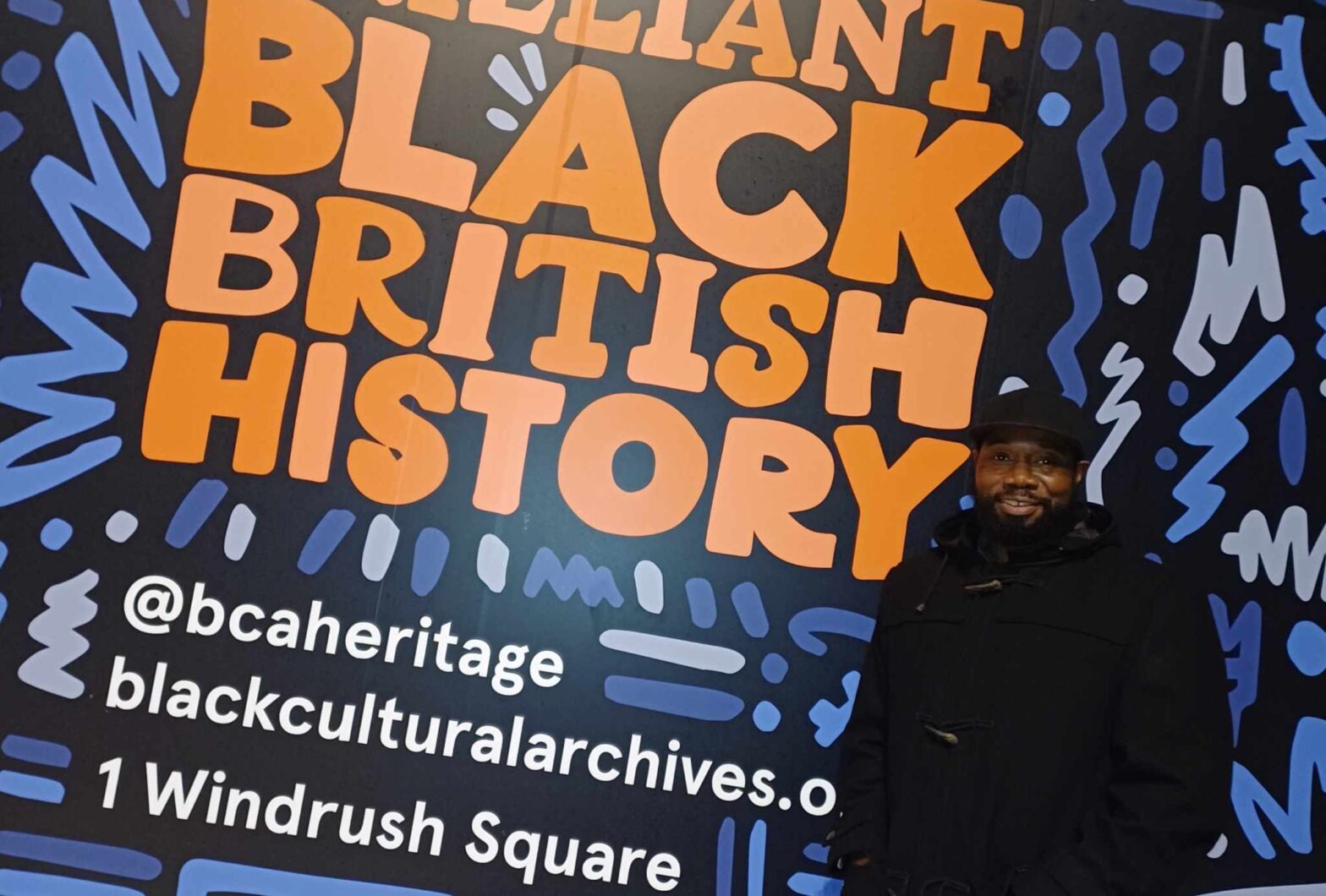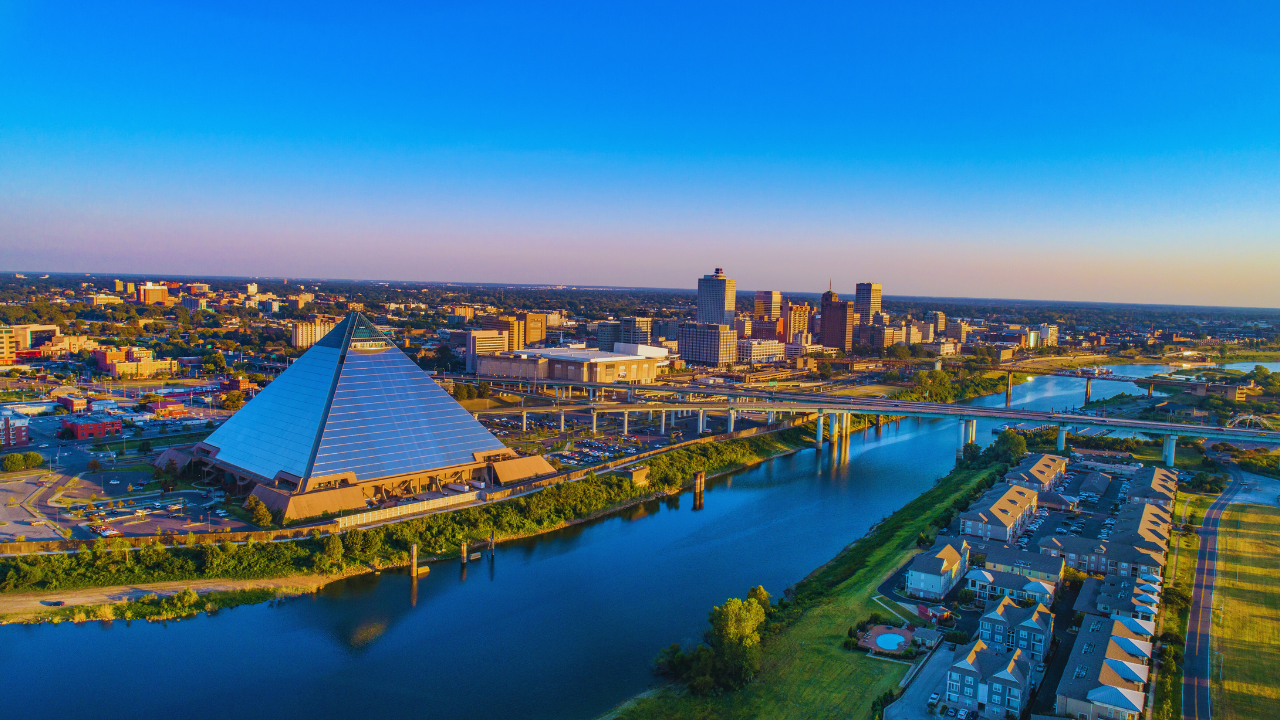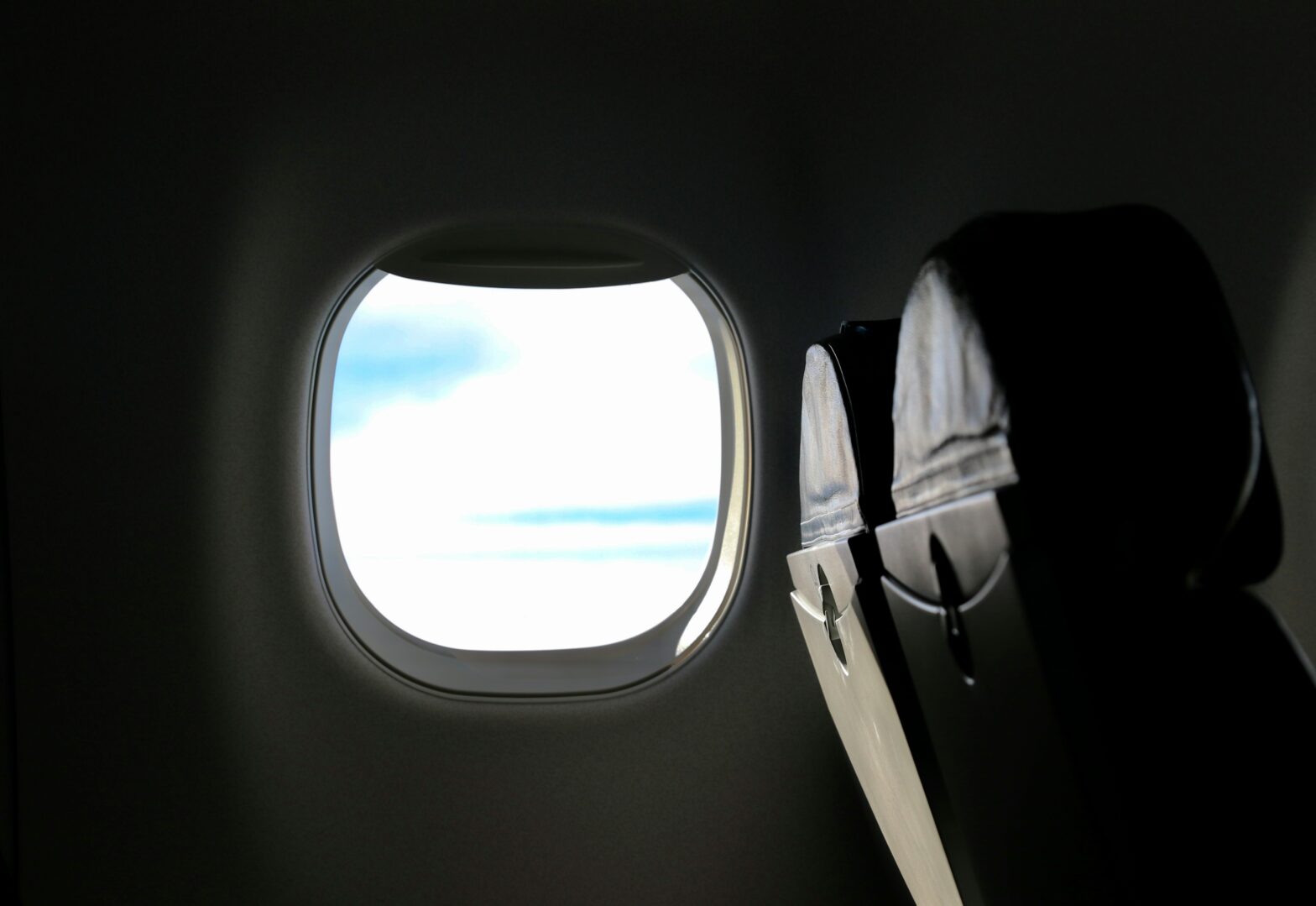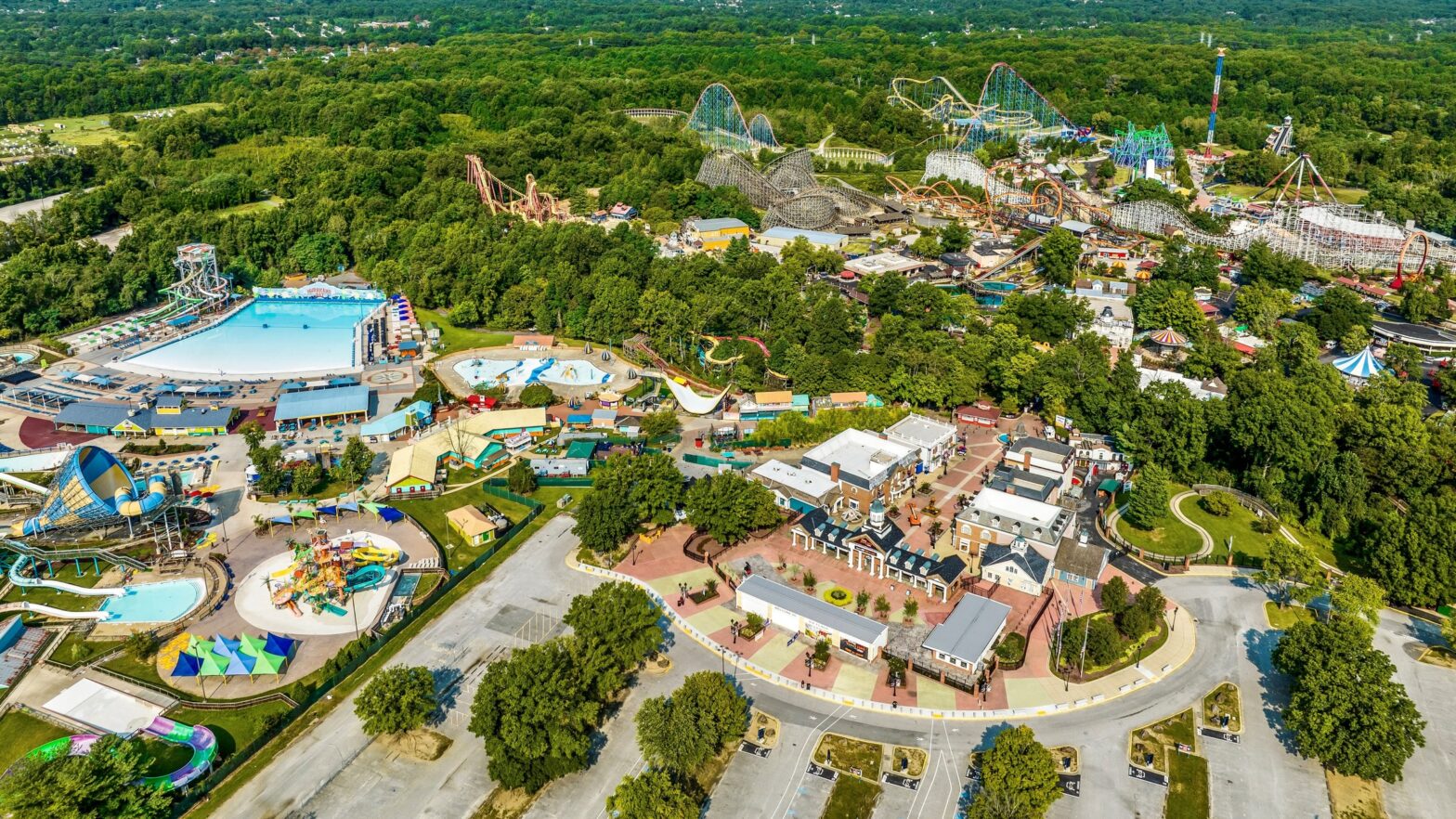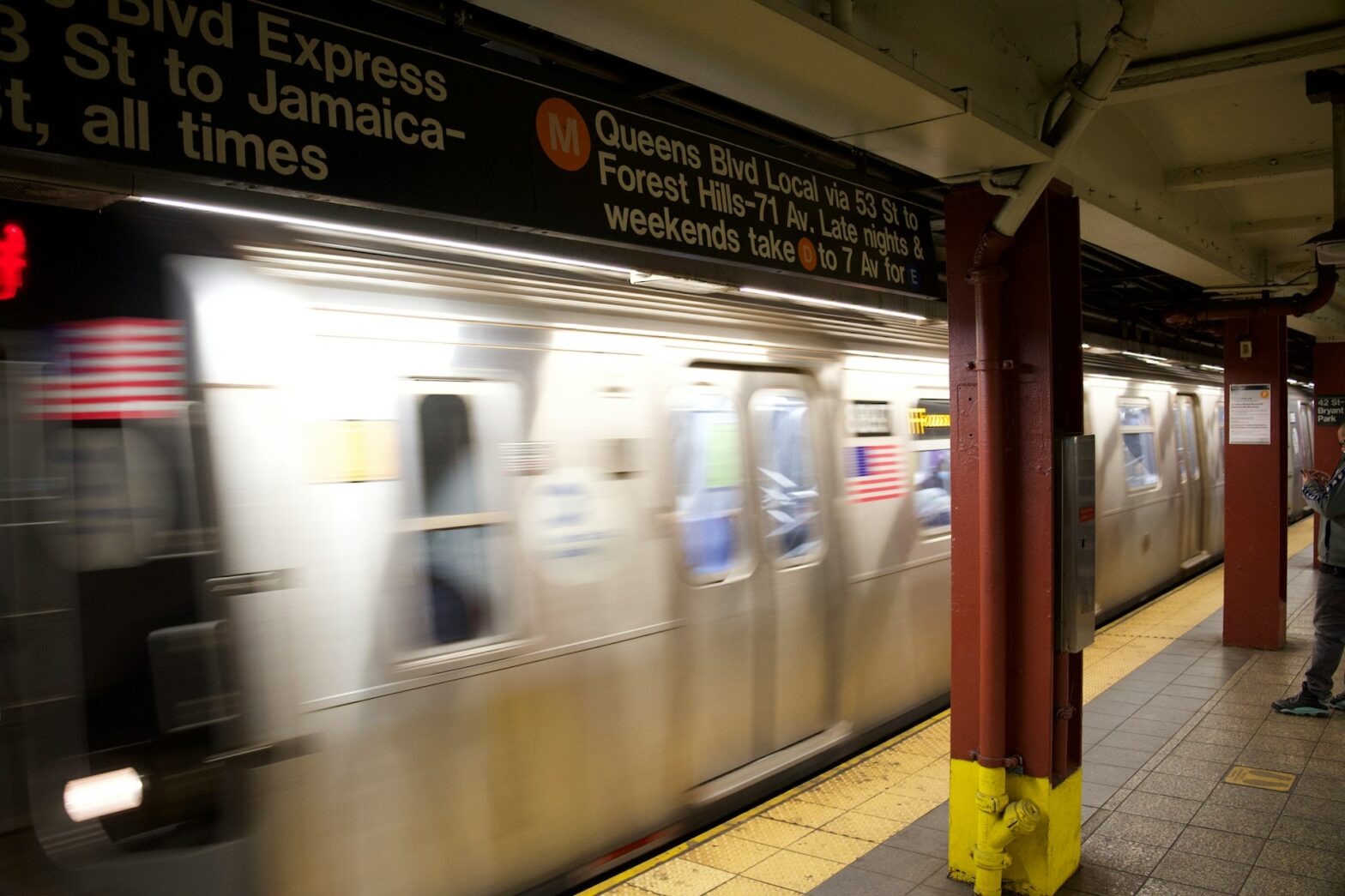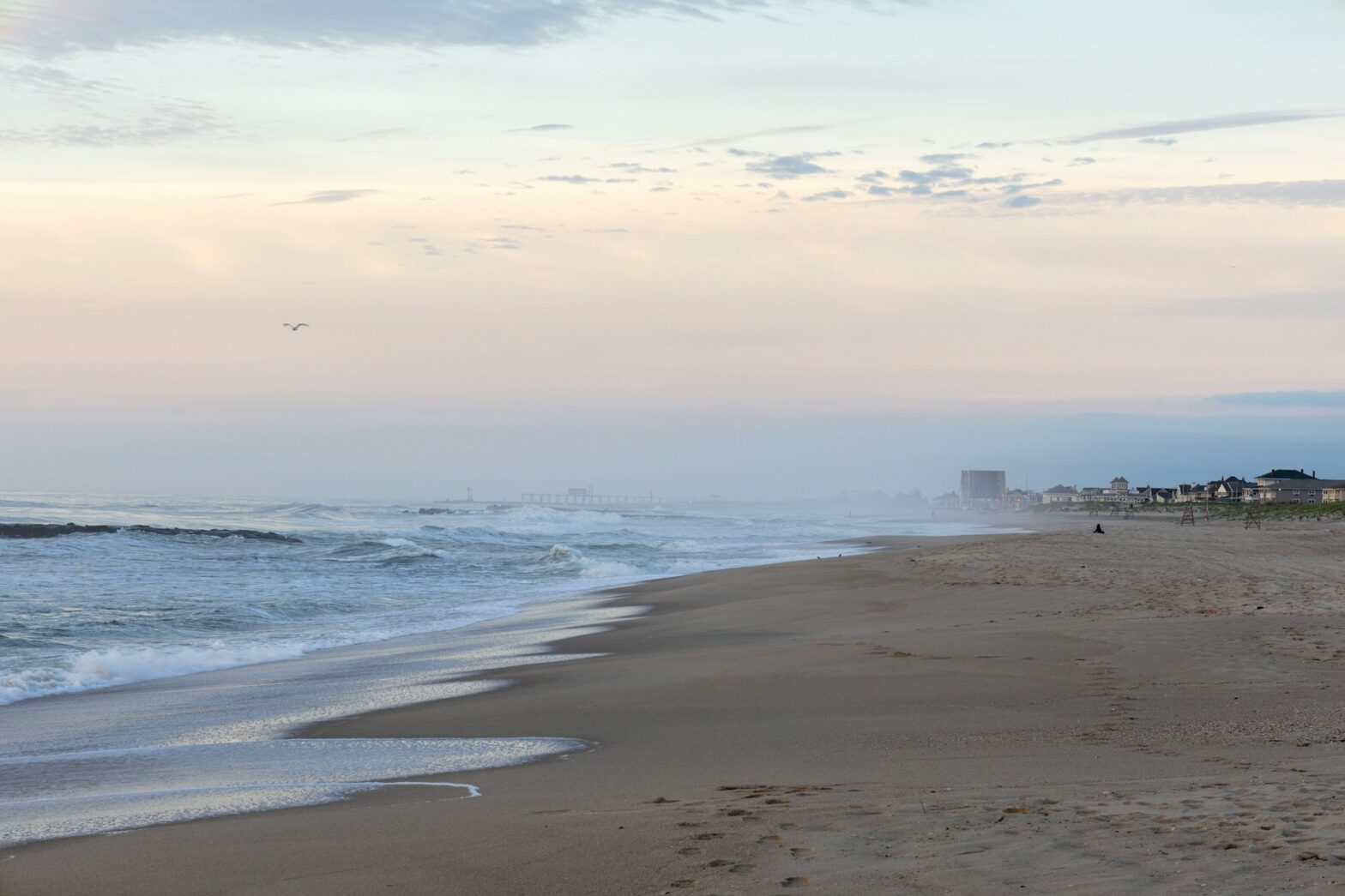Obi Opara is more than just a tour guide in London. He is a living testament to the vibrancy of Brixton, a community born out of diversity and resilience. Opara’s father made the journey from Nigeria to the United Kingdom in 1949. He arrived when the world beckoned for laborers to rebuild after the war and forge a better future. This would lay the foundation for the Opara family’s connection to Brixton. Born and raised in this historic London neighborhood, Opara embodies the spirit and warmth of the community, which has made him a beloved figure among its residents.
In an interview with Travel Noire, Opara provides an inside look at shaping his connection to the community.
Travel Noire: What is the inspiration behind creating a tour that highlights African and Caribbean history and food in Brixton?
Obi Opara: The inspiration was to showcase a part of London and a community that often receives very little international media coverage. My aim with this tour was to provide insight into ‘that’ part of London. I work to offer visitors to London the opportunity to see where most of the Africans and Caribbeans reside. I also show how we live, socialize, eat, and gather.
TN: Brixton is known for its rich cultural diversity. How does your tour contribute to showcasing this diversity?
OO: The tour lasts for three hours and offers a cultural immersion into the neighborhood. We spend time with Black-owned businesses, learning about what made Brixton the cultural hotspot it is today. Explore the neighborhood, visiting historical landmarks like Brixton Market, Windrush Square, and Electric Avenue. We enhance our immersion by sampling some of the best African & Caribbean food in the area, such as Jollof rice and Jerk Chicken, among other menu items.
TN: As a Brixton native, what motivated you to become a tour guide in your own community?
OO: Honestly, having lived in Brixton all my life. I was doing this long before assuming the title of a tour guide. I’ve always had friends visiting London asking me where to find good food. I would recommend coming to Brixton and going to specific places. These were places I frequented with my friends, so I knew the food would be excellent. After a while, I thought, “If my friends coming to London struggle to find good food, others must be too.”
I offered an experience on Airbnb, [taking] people and tourists to my favorite spots to eat and drink while providing insights and history about my neighborhood. Three years ago, I took out four participants in a two-month span, but then COVID-19 hit. I restarted the tours in May 2023, and it’s been incredibly successful ever since. I went from doing tours with just one person a week. Now, I’m doing two tours per day with an average of five people.
TN: Can you share more about the unique experiences offered on both the daytime and evening tours?
OO: The day tour allows us to spend more time in the markets and walking through the neighborhood. We stop at four to five different eateries. We engage in conversations with Black business owners and locals and learn about the area’s history. The afternoon tour does not include any alcoholic drinks.
The evening tour is geared towards experiencing Brixton’s nightlife. Since the markets usually close by 6 pm, we see a bit of the market. Then, we visit 4-5 eateries where guests can enjoy delicious African & Caribbean food, as well as some of the best cocktails and drinks at the eateries. Many on the evening tour tend to stay in Brixton to party until the early hours.
TN: The fact that you have received 5-star ratings from over 150 participants is impressive. What do you believe sets your tours apart and makes them so highly rated?
OO: To be honest, I’m truly blessed to have met some incredible people on the tour. As a result, the tours have always felt like hanging out with friends rather than people coming to see Brixton. If you read many of the reviews on my site, you’ll find that many mention this too.
This is not a conventional food tour where we rush around for three hours without knowing the other people in the group and eat lots of small bites, only to end up at the nearest McDonald’s because you’re still hungry. We provide large portions of food (some people say it’s too much, so if you’re planning to come, do so on an empty stomach). I share stories of my upbringing in Brixton and how it has changed radically due to gentrification, and guests share their stories about their respective neighborhoods and how things have changed in their boroughs.
I also try to keep our participant numbers down to an average of eight per tour. This way, it’s a more intimate experience. It allows guests to interact with each other, and ask questions about the food, the area, and the history of Brixton. By the end of the three hours, we go from being a group of strangers to friends. Many solo travelers love the tour because they get to meet other travelers and make plans after the tour.
TN: What are some of the most memorable moments or stories you’ve encountered while leading these tours?
OO: One of the best moments was when a participant, who was a vegetarian, tried our Jamaican chickpea curry. She was so blown away by its flavor that she cried.
Another great occasion was when a lady took part in the tour with her partner, but she had a long list of allergies and food restrictions, to the extent that she always brought her own food on food tours and was only there for her partner. On hearing this, I thought about the menus and was able to ensure she had options available so she could fully participate. She and her partner were so grateful that they took me out for dinner the following evening and left one of the loveliest reviews.
TN: Brixton has undergone significant changes in recent years. How do your tours address both the historical and contemporary aspects of the neighborhood?
OO: This is one of the aspects of the tour that makes it unique. Because I’ve lived through these changes and gentrification, I can speak about this firsthand. The historical content of the tour has been handed down to me from my family and friends’ elderly relatives. I’ve spoken with people who came over on the HMS Windrush and many others who arrived in London to help rebuild the “Motherland.” All of this knowledge and information is carefully crafted to provide guests with a timeline of what many Africans and Caribbeans experienced when they arrived in Brixton, London, to its current state today.
TN: What can participants expect in terms of the culinary experiences during the tour? Are there any standout dishes or eateries worth highlighting?
OO: The first thing I would say to participants is that you should come with an empty stomach. There’s plenty of great food on our tour. The standout dish for me has to be the OG, Jollof rice from Senegal. (In case you weren’t aware, the Senegalese were the creators of Jollof rice, despite Nigerians and Ghanaians debating who has the best.)
I provide background history for all the food we eat during the tour. I describe how each dish is cooked, showing participants the raw ingredients, and offering a food guide PDF with recipes, cooking instructions, and ingredient information.
TN: The community’s support for your tours is evident. How do you feel about the love you receive from the Brixton community?
OO: It’s an amazing feeling. Many of the small Black-owned businesses are happy to see a young Black man proud of his neighborhood and showing tourists around an area that was once considered a no-go area.
TN: In what ways do you hope to continue growing and evolving your tours to provide even more enriching experiences for future participants?
OO: In terms of growing and evolving the tour, I would really like to expand the tours to other African & Caribbean neighborhoods in London. I’m also thinking of relaunching my R&B, hip-hop and dancehall party tours. This experience involves taking participants to some of London’s best nightclubs and bars.
For now, I’m happy to continue growing the food tour in Brixton. I’ve recently started offering private bespoke tours for clients, which has been fun. In general, my ultimate aim with the tours is for people to come and see a different side of London that has diversity and culture. I hope that with these tours, I can continue to showcase all that Brixton has to offer with its rich cultural history and background.
